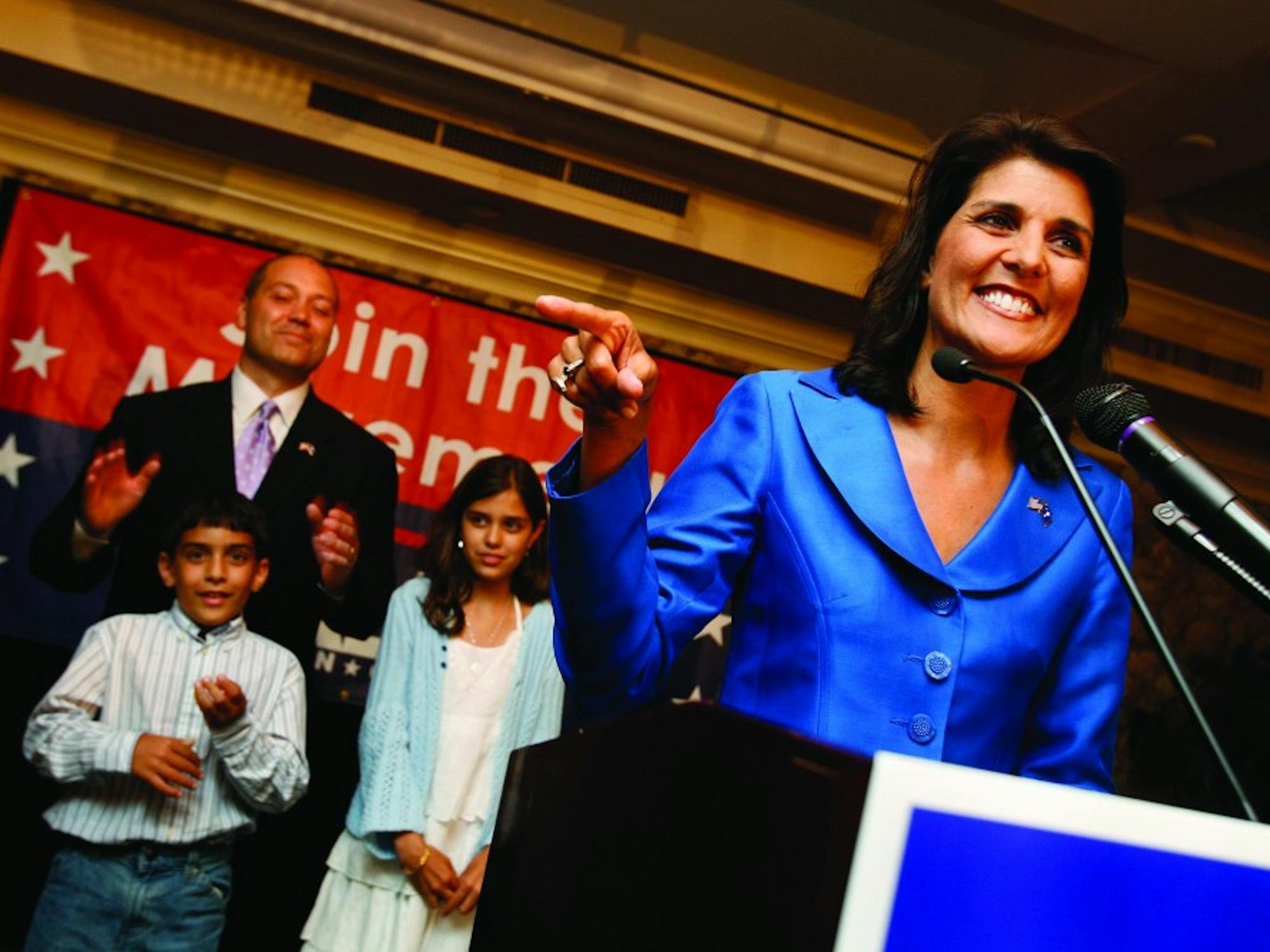Primaries are an odd thing. Blanche Lincoln found herself combating organized labor in Arkansas, while Nikki Haley of South Carolina was the target of two unsubstantiated allegations of infidelity and the recipient of a racial slur. But more curious than just local idiosyncratic narratives is the general principle that underlies primaries nationally: the necessity of electing a viable candidate who also protects the party orthodoxy.
The want to safeguard platforms is perfectly understandable. But we might force ourselves to ask the next obvious question: what’s so spectacular about either the Democratic or Republican political platforms? And also, what is there to suggest these parties have developed the perfect ideology?
It’s not apparent. We look to the left and see a collective group that will protest Saddam Hussein’s execution and take to the streets to protect rare species of amphibians, but whose refined sense of compassion is immediately dulled at the mention of unborn children. And to the right, a strange mixture of values held together by a common infatuation with laissez-faire capitalism in the abstract. You should believe in God, but, God forbid, your God wants His creation preserved and His children free from being impersonal pieces in impersonal business structures.
Partially as a backlash against Democratic leadership, the Republican Party has seen increased efforts within its constituency to demand more loyalty from its own elected officials. The conservative Tea Party movement has shown itself to have enough power to influence primaries. A point of conversation among pundits has since become whether Tea Party-endorsed candidates within the Republican Party are too conservative. I might simply answer no. Quite the contrary, there are no Republicans vying for office remotely conservative enough.
Let me elaborate. Conservatism could be defined by its willingness to consider the advice of its ancestors. It is accurately associated with the word tradition that was said to be the “democracy of the dead” by G.K. Chesterton.
We might look toward Glenn Beck, as a representative of what passes for the American right, and understand why he is so high on learning lessons from history.
But it’s the same Glenn Beck who recently on his radio show attempted to explain the Dead Sea Scrolls by discussing the unrelated Council of Nicaea with such inaccuracy, one can only admire that he has enough pull to get away with it.
The incongruence, with which I use Mr. Beck to highlight, characterizes where I think Republicans and conservatives begin to err.
Not that they aren’t early Church historians, but that they seem to be of the impression that God rested from day seven until the writing of the Declaration of Independence. Without properly anchoring a belief system, it is subject to give way to cultural forces unconcerned with truth and value.
The same criteria the right judges the left should not be suspended for the judges. If the Republican Party wants purity, it should begin by purifying itself in relation to a broader conservatism, history, and tradition.









